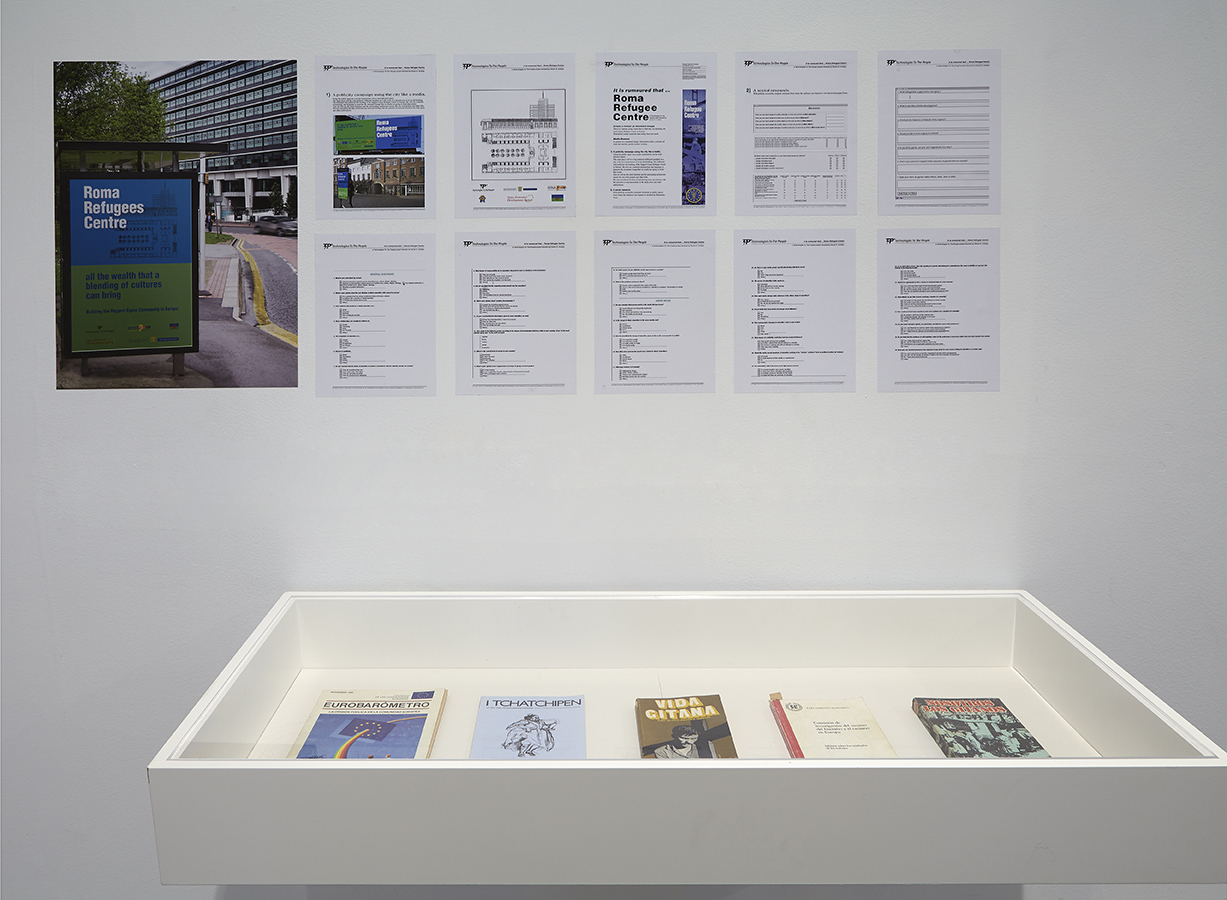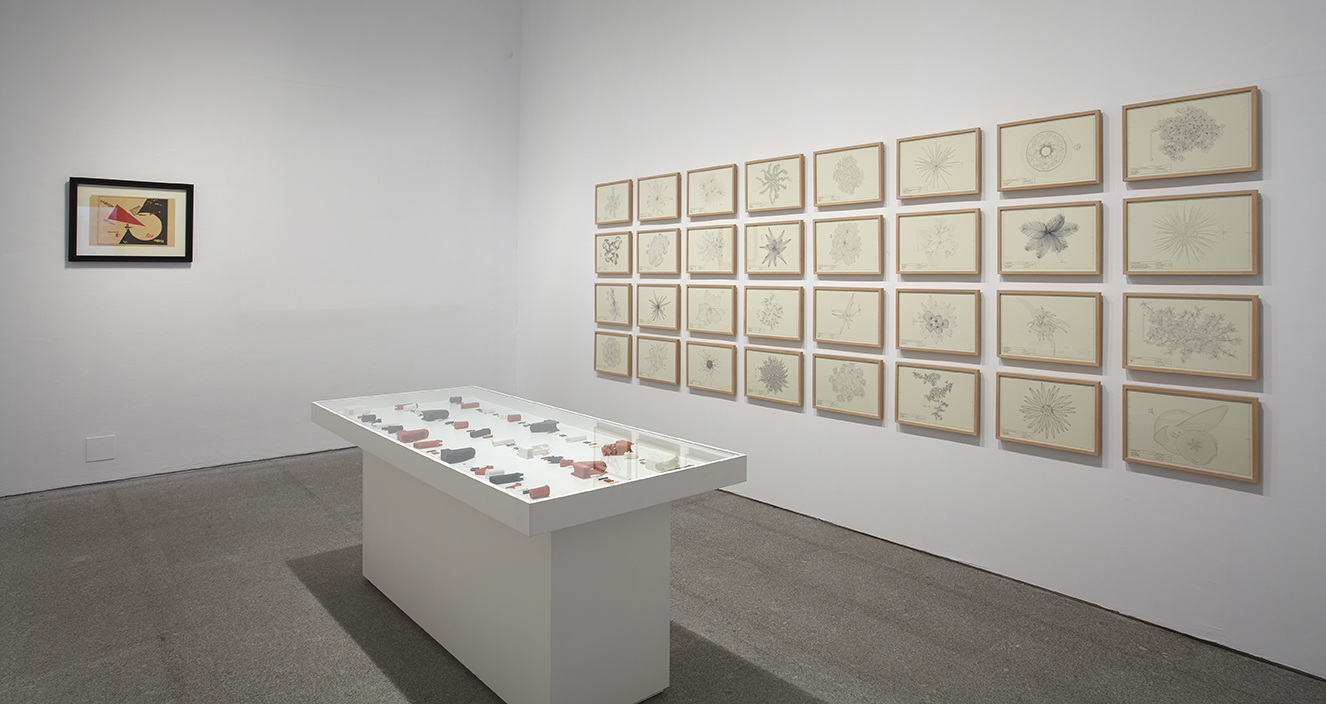Anarchists and Hackers, 2000
Many of the technologies that form the core of today’s IT products were
invented in the 1960s and 1970s by the hacker community. Despite
this legacy, hackers have been continually stigmatized as criminals
and, in several cases, have been imprisoned. However, in hacker jargon,
the term hacking refers to a creative approach to cultural products
and problems, whereas exploiting the hack for personal gain at
the expense of others is cracking and is condemned by the ethical
rules of hacker culture. The material that constitutes the installation
Anarchists and Hackers is testimony to this creative approach, its historical
context, and political significance. The installation displays
twenty-two “recipes” from the infamous The Anarchist Cookbook (1971),
written by a nineteen-year-old William Powell, along with twenty-two
file cards describing equally infamous computer viruses and instructions
on how to explore digital devices and networks. A bible of the
counterculture in the United States and the anti–Vietnam War protest
movement, The Anarchist Cookbook is a do-it-yourself manual containing
recipes for the production of “rebellious” things such as explosives,
drugs, and counterfeit money, as well as phone phreaking and
free radio. The viruses and instructions show how hacking develops
the do-it-yourself spirit of the The Anarchist Cookbook in the context
of contemporary digital society, from hacking Geocities websites and
Windows 95 to sending fake emails and intercepting cellular phone
conversations. The politically ambiguous material in the files raises
questions of security and vulnerability, making the audience aware
of how control exists and can be exercised in the digital society. At the
same time, the material demonstrates how hacking can challenge
the established power structures behind that control. As such, it emphasizes
hacking as a politically loaded form of creativity that, with
an advanced and inventive technological literacy, opposes existing
power structures in the name of common empowerment.
When Anarchists and Hackers was first shown, the notorious “i love
you” and “Melissa” computer viruses were spreading and causing
fear, even panic, among the public. The viruses, although they were
the work of just a few naive and malignant individuals, fueled misconception
of the hacker community as an underground culture that
should be made illegal and fought. Anarchists and Hackers is an attempt
to correct this misconception and demonstrate the creative forces of
hacking as a progressive and necessary cultural practice.


